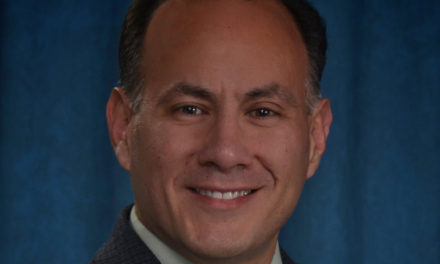Soft skills include behaviors, attitudes, and the mental health of the person being assessed. In NH, these soft skills are being assessed k-12 too. In some cases this is being done without parental knowledge or consent. This is part of the Competency Based Education model that includes measuring attitudes, dispositions, and behaviors.
Google now wants to asses soft skills like, empathy and trustworthiness. Where does this information go? Who owns that data after it’s collected from students ? Do students know that they are being evaluated on their mental health? This is sensitive information on their behaviors, attitudes, and dispositions.
Doctors of Psychology receive extensive training, and education. They are also required to follow a code of ethics that include informed consent from the subject. If they violate the code of ethics, they risk losing their license.
When schools dabble in mental health evaluations, it appears as if all protocols go out the window. For instance, many schools in New Hampshire are assessing children on their mental health. This sensitive information was collected and shared with Plymouth State University without parental knowledge or consent. (see articles listed below)
In private practice, a licensed Child Psychologist would lose their license. However, in public education, this information is being collected and shared without regard to ethical guidelines.
Will SNHU students become the subjects once this assessment is developed? Will SNHU or any institution using these assessments, require informed consent from students who are evaluated?
Parents need to be aware that their children are receiving mental health evaluations at school. College students need to also be mindful of any assessments they are given that measure their “soft skills.” Ask questions about who is collecting their data, who has access to that data, and how is it stored? Will this assessment be accurate? What if the assessment is flawed? How will the student be remediated? What if they’re not empathetic enough? Who scores this assessment? Do they have the training and education to assess your child’s mental health? How can their attitudes and dispostiions be accurately, and objectively assessed? They can’t be. These skills would be subjectively scored.
Read the grant application. What’s required of SNHU? Who is going to develop a mental health assessment? What are their credentials? How will SNHU test the test? In order to validate any assessment, it takes years. What standards are they using to measure the validity of this assessment?
In these days of over-testing in our schools, assessments have come under a great deal of scrutiny for not being valid measurements of a child’s proficiency. Now that we are dabbling in mental health assessments, how can we have any assurances that this will be validated?
There are a lot of questions that should be answered by SNHU as they proceed to develop this new assessment.
For more information, please see:
UNH, surveys on children, and who is looking out for them
Are NH Schools Practicing Mental Health Quackery On Your Kids?
PARENTS: Questions to ask regarding mental health evaluations on your children by their local school
Warning to Teachers: will you be evaluated on your students’ mental health?
Psychologically Profiling NH Students: BEWARE
It’s Official, Merrimack is Now a Mental Health Facility
Ann Marie Banfield began volunteering as Cornerstone’s Education Liaison in 2009. As an education researcher and activist she took her decade long research on education to Concord to lobby on behalf of parental rights and literacy. Working with experts in education from across the country, she offers valuable insight into problems and successes in education. She holds a B.A. in Business Management from Franklin University in Columbus Ohio. Ann Marie and her husband have three children and reside in Hampton, NH



